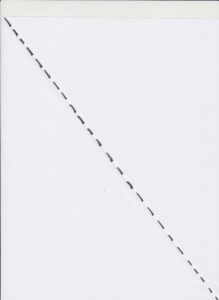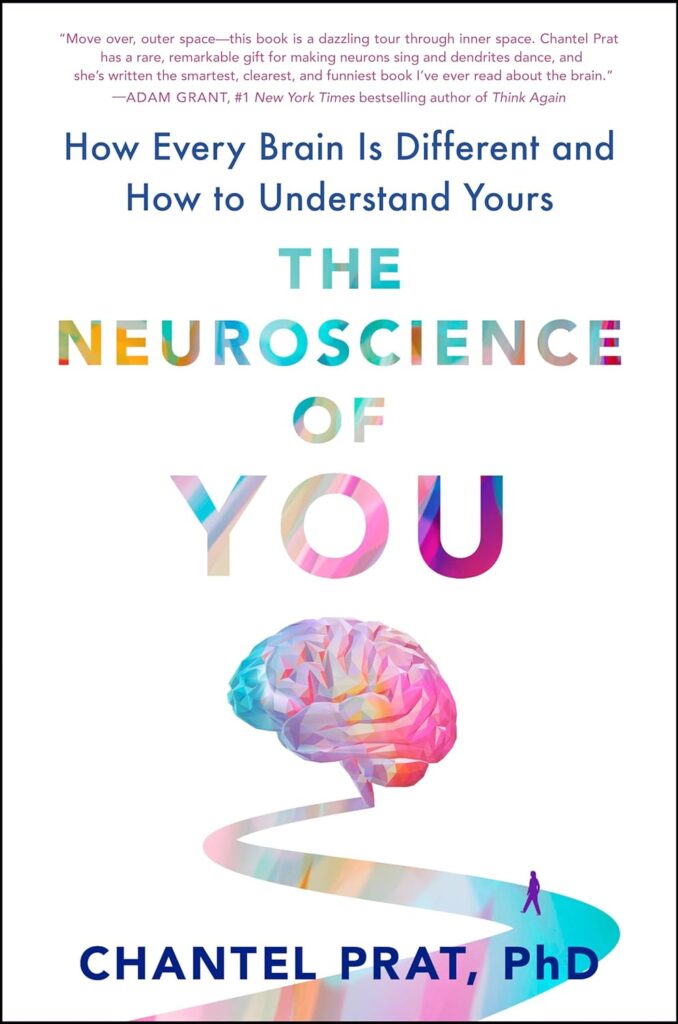Example 1
- Date: February 19, 2023
- Artifact: Individual Inquiry
- Connection to the standards of practice: To inform my practice and continuously gain new knowledge, I think it is important to read and search for answers. During my practicum, I wondered if concrete experiences should come before or after abstract conceptualization. I investigated the topic and recorded my findings.
- Relevance to my growth as a professional: Based on my review of the literature, I think it is best to have concrete experiences come first in my lesson, whenever possible. So, next time that I teach the formula for the area of a triangle, for example, I will have students do the paper cutting activity before they know what I am teaching them.

Example 2
- Date: February 23, 2023
- Artifact: Reading Reflections
- Connection to the standards of practice: As a professional, I strive to be current in my professional knowledge. With the aim of relating theory to practice, I wrote multiple “reading reflections”, in which I related my own experiences to the literature.
- Relevance to my growth as a professional: Through these reading reflections I was able to critically consider topics such as: Teacher reflexivity, building personal relationships, restorative justice practices, student voice and choice, explicit and hidden curriculum, and equitable and inclusive classrooms. From this intellectual endeavour, I learned practices that I may want to implement into my own classroom. I learned not to rush through my lessons, to appreciate student perspectives and experiences, how to build strong relationships and solve problems with my students, how to encourage agentic engagement, the importance of balancing the curriculum program with the lived curriculum, and why grading homework is a bad idea.
Example 3
- Date: January 2023 (Date when read)
- Artifact: The Neuroscience of You by Chantel Prat, PhD. Written in 2022.
- Connection to the standards of practice: As a professional, it is important to stay current in my knowledge and understanding of how students learn. In Chapter 7 of The Neuroscience of You, Chantel Prat, PhD discussed the neuroscience of learning, and how curiosity and surprise can positively impact the neurological, dopamine-based, learning process.
- Relevance to my growth as a professional: I believe it is important to understand the physiological and biochemical differences between students and how that impacts their learning. I hope to apply my knowledge of how curiosity and surprise can impact the learning process by purposely fostering curiosity and surprise within my teaching. How can I create curiosity and surprise? Curiosity is partly dependent on knowing my students and what they are interested in. Curiosity can also be cultivated by using inquiry-based lessons, giving students choice, and providing students more questions than answers. Purposely withholding information and answers can help create curiosity. By not always giving answers at predictable times, the answer becomes suspenseful, and students may be surprised when they do get the answers. It also cultivates independence, as students learn to seek the answers on their own, instead of waiting for the teacher to tell them in a predictable fashion.
